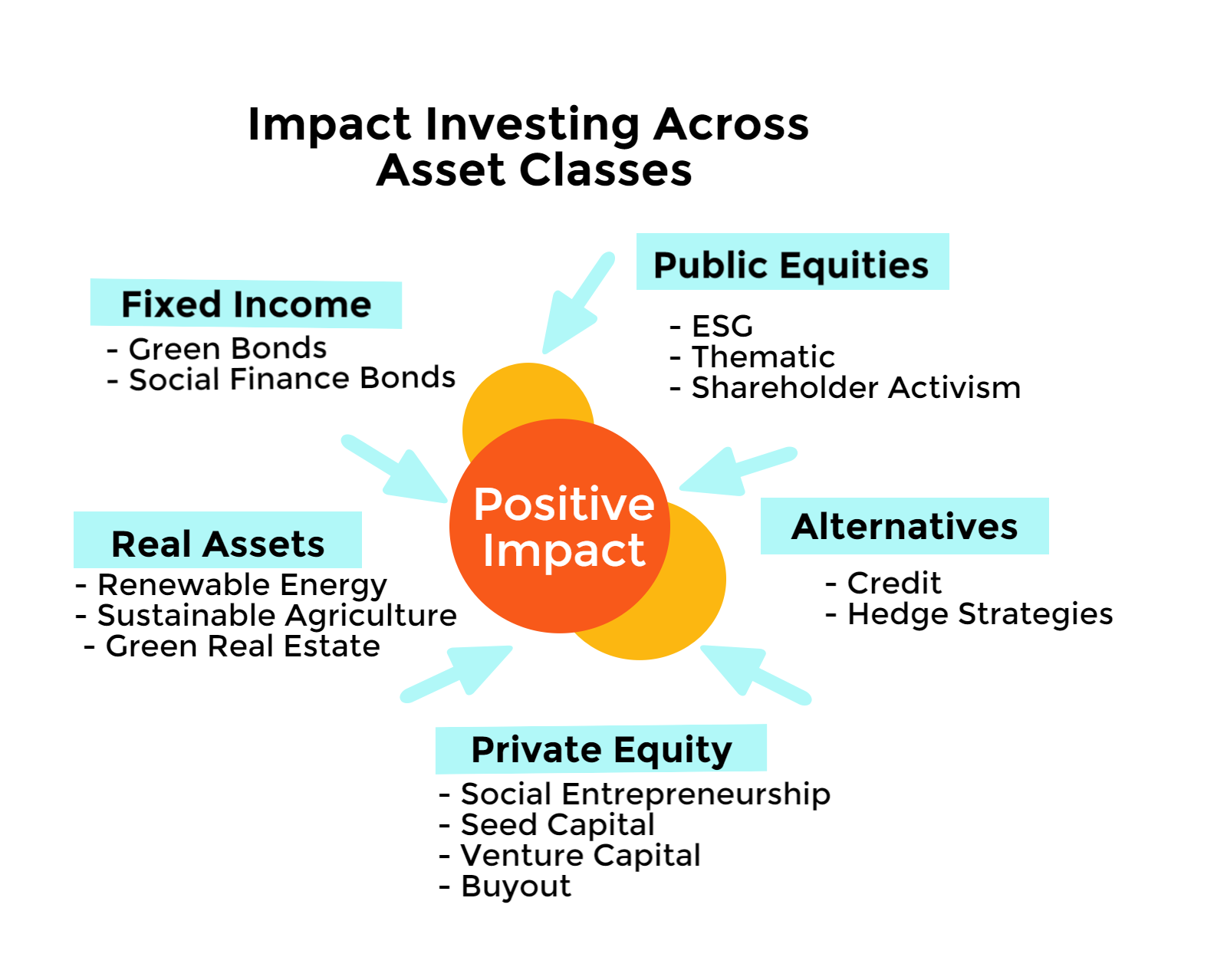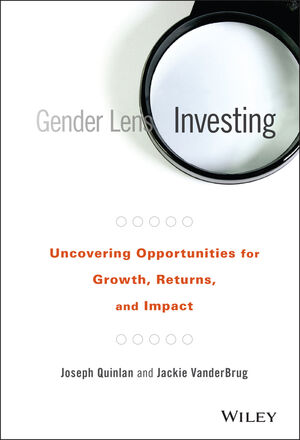Private equity firms in the modern day
Still, I had good grades and a top school on my CV, so I won a deal at a bulge bracket bank in Hong Kong, began as a generalist, and was then put into ECM – Tyler Tysdal Lone Tree. At the time, IPOs were all the rage in Hong Kong and there were more offers than my team could handle.
A: The teams in Asia were much smaller and the training was “vibrant,” which might seem “disordered” at times. As you might have heard, the hours are very, long (or at least they were when I was there) because of the offer activity and the time zone distinctions we worked across.
My group was mainly individuals from mainland China and HK. In addition to capability and qualifications, language plays a big role and they’re generally trying to find native Mandarin speakers who studied in the US or UK. There were no Patrick Bateman-types on my team or any other stereotypically crazy lenders, so because sense it was OKAY, however the notorious financial investment banking hours and unforeseeable workload absolutely got to me after a while.
A: Haha, well, I wouldn’t put it quite like that. Part of it was that I wasn’t thinking about the standard exit opportunities, such as PE firms that only work with business based in mainland China or corporate investor relations functions. I had studied politics and economics at university and was always really interested in social issues, so going to the World Bank or other NGOs like that had been on my mind.

Without a clear concept of where I ‘d be headed, I decided to quit when my 3 years were up against everyone’s advice. A: Partly, yes. However the other factor was that in some cases you can’t inform what opportunities are out there when you are 100% focused on your task. I understood that a gap on my resume would be a problem if I opted for conventional PE or banking functions, however I wasn’t thinking about those anyhow.
This is a VERY small and personal market, so I started cold emailing individuals at organizations associated with “impact investing” here, and volunteered to organize conferences such as the one that the Rockefeller Structure hosts. A: Sure. The concept is to invest in business that try to make a profit and do excellent for the neighborhood, environment, and world at big.
Examples of companies or ventures that impact investing funds may purchase: Affordable Housing: We may search for investors or asset owners that are prepared to accept reduced profits in exchange for making home more budget-friendly, or in exchange for enhancing the neighborhood by providing other services such as healthcare – Tyler T. Tysdal.
Local Investment Fund
Environmentally friendly products and energy effective innovations: There are “green funds” that just buy business that promote ecological sustainability (Tyler Tysdal Lone Tree). Products and services tailored towards the population at “the bottom of the pyramid”/ impoverished groups: Socially accountable businesses based in emerging markets and products designed for elderly and handicapped groups come from this classification.
Because the federal government is paying out bond interest, investors perceive it as “less risky” than investing straight in the organizations. The federal government first created this principle in the UK, where it used these bonds to fund jobs that would lower rehab rates of ex-offenders. They’re prepared to do this due to the fact that the personal sector is handling a few of the danger in developing services that help everybody, which might ultimately reduce expenditures for the federal government in the long-term.

Need: Social enterprises that are trying to grow and become financially sustainable, but which need capital to arrive. Intermediaries: They link both celebrations and sometimes invest together with the structures and household workplaces. It’s a bit like the increase of tech start-ups and venture capital decades ago, and we’re seeing a growing number of “investment-ready” opportunities so these groups actually need ex-bankers and other economists. Tyler Tivis Tysdal (Tyler Tysdal).
It’s hard enough to produce any kind of economically sustainable service, not to mention one that is likewise doing social good (Tyler Tysdal). So you likewise see people involved with “capacity building,” which is sort of like what incubators carry out in the tech space the idea is to get these earlier-stage endeavors up to speed and advance to the point where experts can buy them.
A: Sort of. On a few of the jobs I’ve seen, a 1-2% yield is an acceptable floor for investors. But expectation management is a huge issue. We need to discuss that to potential investors who walk in anticipating 20-30% returns, which just will not happen in this sector. So part of our role is to handle those expectations and get them into more of a “Well, as long as I don’t lose cash” state of mind.
It’s extremely policy-driven, and you see a lot of initiatives in the UK such as Big Society Capital a financial investment fund to grow financial intermediaries for the social sector that have actually begun due to federal government policy. Huge funds such as the Social Innovation Fund released by the US government also bring in a great deal of attention.

Some big banks are even working with people with NGO backgrounds to work in this area. Personally, I’m still a bit doubtful about the projection growth in capital because the returns are unverified (Tyler T. Tysdal). It’s likewise very depending on federal government policy/ funding and humanitarian cash, which aren’t the most trusted sources in the existing environment.
Prosecutors Mislead Money
There were really couple of official interviews, however a great deal of fast coffee meetings asking about my background, how we may work together, and what they needed assist with. They never asked financing questions or anything like that they presumed that because I had worked at a popular bank, I knew all of that fairly well.
I had spent a few months volunteering in India and China and had done other advocacy work in the UK previously, so I fit what they were trying to find. Another big element is showing that you can operate in a small, entrepreneurial environment a great deal of people at big companies reach out to these groups, however they still bring the frame of mind of working in a big organization and think you need to press all decisions through a committee before acting.

A: Practically I did enter into the workplace to meet everybody toward the end, but it remained extremely “fit”- focused. They were primarily penetrating to see how well I fit together with the team and how dedicated I was (Tyler Tivis Tysdal). A: It’s a wide variety. Many individuals who founded social enterprises or other intermediaries are here, but you likewise see numerous MBAs from top schools and previous bankers and attorneys joining also.

Since there’s such a variety of backgrounds, it feels much various from the common bank or financial investment company where everybody is pressing ahead 24/7 and never ever takes their foot off the gas pedal. A: Up until now it has actually been terrific. We do a bit of whatever here direct investing, fundraising, grants to charities, and even “capacity building” for non-profits and social enterprises.